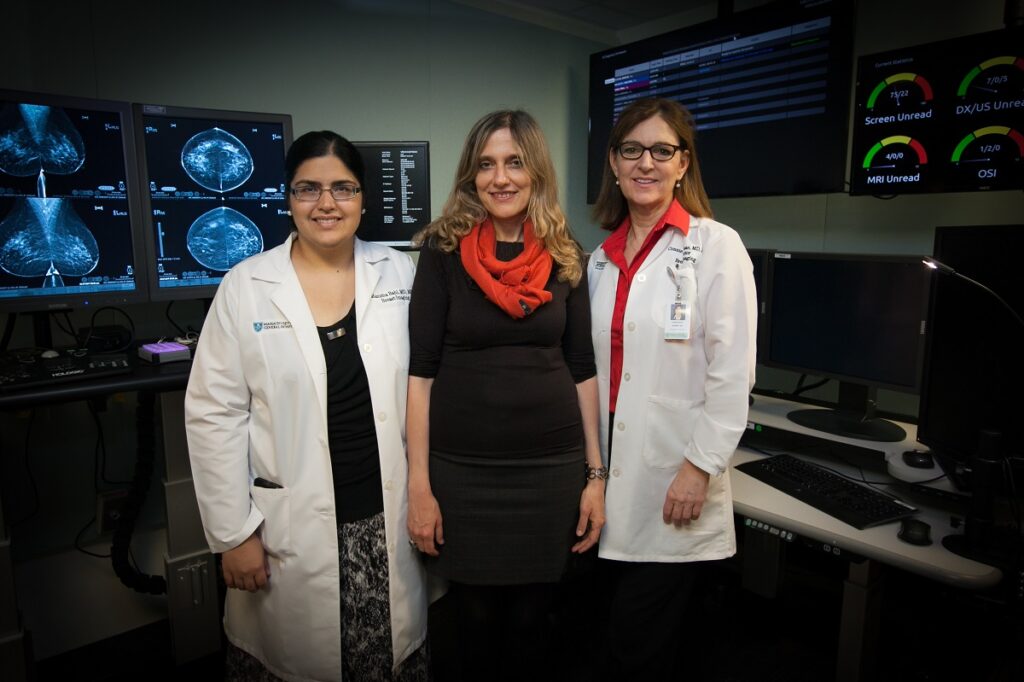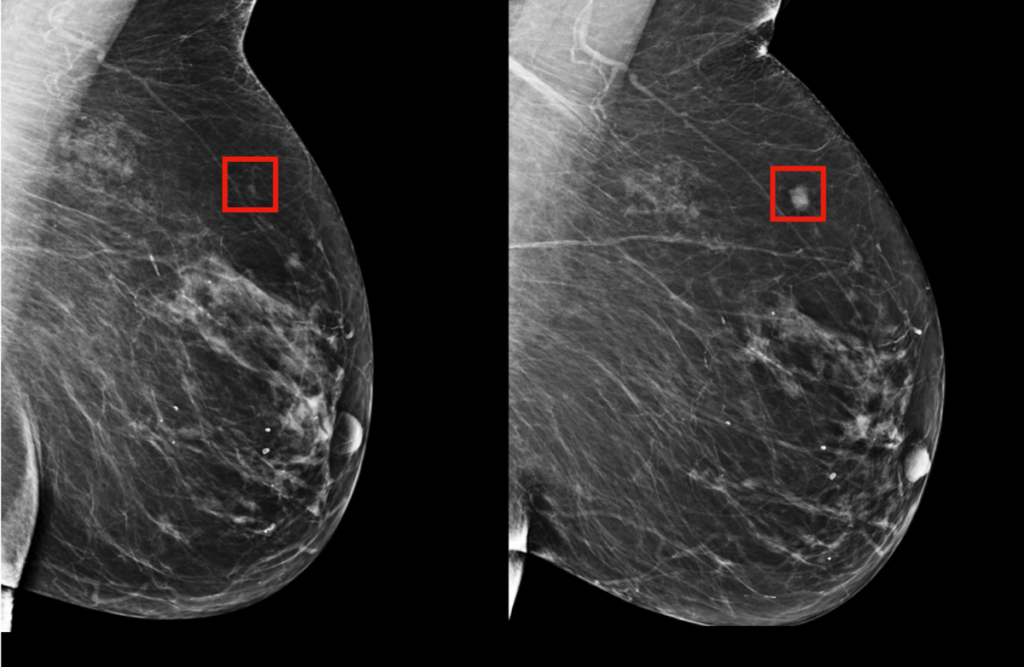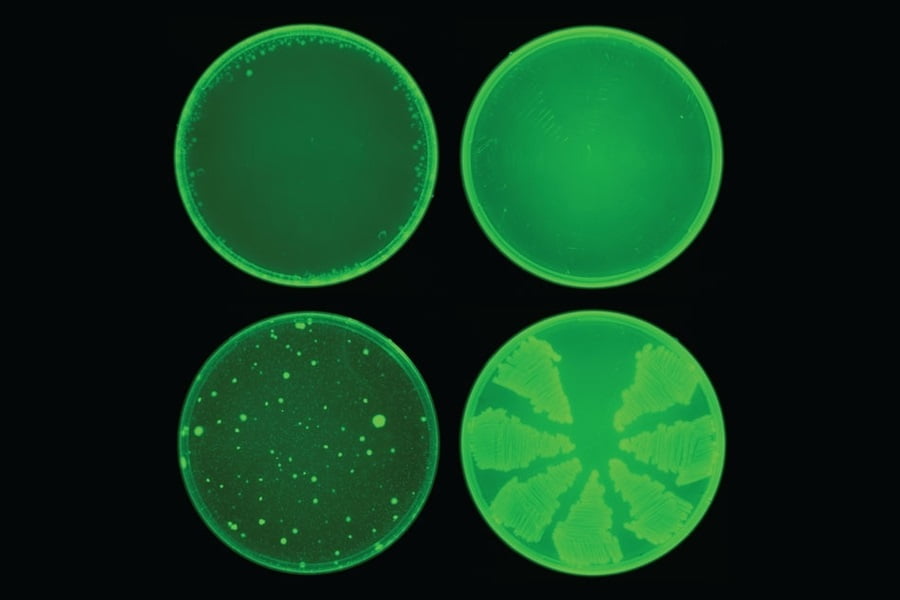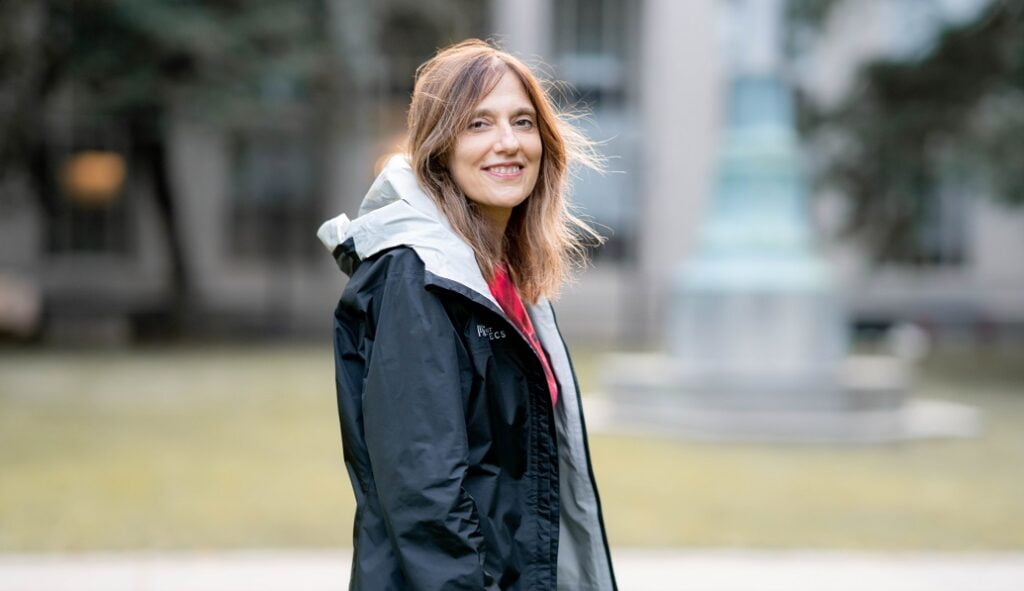An Israeli scientist and professor at the Massachusetts Institute of Technology (MIT) will be awarded a $1 million prize for her work using Machine Learning algorithm models to develop antibiotics and other pharmaceuticals and to detect and diagnose breast cancer earlier than existing clinical approaches.
Professor Regina Barzilay of MIT’s Computer Science and Artificial Intelligence Laboratory (CSAIL) was named this year’s recipient of an inaugural AI award by the world’s largest AI society, the Palto Alto-based Association for the Advancement of Artificial Intelligence (AAAI). The organization promotes awareness and research in AI, and honors individuals whose work in the field has a transformative impact on society.
SEE ALSO: Israeli Women Lead The Way In Thriving Biotech Industry
Professor Barzilay earned her BA and MSc at Ben-Gurion University of the Negev, before going to study for her PhD at Columbia University and a postdoc at Cornell University. She joined the MIT faculty in 2003 and serves as the Delta Electronics Professor of Electrical Engineering and Computer Science at university and a member of the Koch Institute for Integrative Cancer Research.
Barzilay also serves as a member of MIT’s Institute for Medical Engineering and Science, and as faculty co-lead for MIT’s Abdul Latif Jameel Clinic for Machine Learning in Health.

She’s the recipient of the 2017 MacArthur Fellowship, often referred to as a “genius grant,” the National Science Foundation Career Award in 2015, a Microsoft Faculty Fellowship, multiple “best paper” awards in her field, and MIT’s Jamieson Award for excellence in teaching.
Her latest award, the Squirrel AI Award for Artificial Intelligence to Benefit Humanity, comes with an associated prize of $1 million provided by the online education company Squirrel AI. The funding puts the award on the same financial level as the Nobel Prize and the Association of Computing Machinery’s A.M. Turing Award, often described as “the Nobel of computing,” MIT noted in a university statement.
“Only world-renowned recognitions such as the Turing and the Nobel carry monetary rewards at the million-dollar level,” said AAAI President Yolanda Gil. “This award aims to be unique in recognizing the positive impact of artificial intelligence for humanity.”
“Through my own life experience, I came to realize that we can create technology that can alleviate human suffering and change our understanding of diseases,“ said Barzilay in the university statement. “I feel lucky to have found collaborators who share my passion and who have helped me realize this vision.”
Barzilay’s work spans a range of topics in computer science and natural language processing (NLP). At Columbia, her dissertation focused on developing systems that can summarize news stories. She later developed a system that can decipher a dead language and a training technique that would reveal the basis for machine learning systems’ decisions.
Since 2014 when she was first diagnosed with breast cancer, her work has increasingly focused on healthcare. And the result was an image-based deep learning model that can predict breast cancer up to five years in advance, using a personalized approach. The model was trained on mammograms and known outcomes from over 60,000 Massachusetts General Hospital (MGH) patients.
Sign up for our free weekly newsletter
Subscribe
Barzilay says she was driven to develop the system after asking herself why her cancer couldn’t have been diagnosed earlier, she told FRONTLINE last year
“Rather than taking a one-size-fits-all approach, we can personalize screening around a woman’s risk of developing cancer,” Barzilay explained last year, ahead of a major publication in Radiology explaining the work. “For example, a doctor might recommend that one group of women get a mammogram every other year, while another higher-risk group might get supplemental MRI screening.”
According to the study published in Radiology, the model was significantly better at predicting risk than existing approaches and accurately placed 31 percent of all cancer patients in its highest-risk category, compared to only 18 percent for traditional models, MIT News reported last year.
The system, Barzilay said, could in the future enable doctors to customize screening and prevention programs at the individual level.
At the same time, Barzilay been also working on developing machine learning models for drug discovery. Working with colleagues, she helped create models for selecting molecule candidates for therapeutics that have been able to speed up drug development, and last year helped discover a new antibiotic called Halicin that was shown to be able to kill many species of disease-causing, antibiotic-resistant bacteria.

“Regina [Barzilay] has been a trailblazer in the field of healthcare AI by asking the important questions about how we can use machine learning to treat and diagnose diseases,” said Daniela Rus, director of CSAIL and the Andrew (1956) and Erna Viterbi Professor of Electrical Engineering and Computer Science. “She has been both a brilliant researcher and a devoted educator, and all of us at CSAIL are so inspired by her work and proud to have her as a colleague.”
SEE ALSO: 5 Israelis Among Forbes Lists Of ‘Top 50 Women In Tech’
MIT biology professor Phillip Sharp, a Nobel laureate who has served as director of both the McGovern Institute for Brain Research and what’s now the Koch Institute said Barzilay “has made truly-changing breakthroughs in imaging breast cancer and predicting the medicinal activity of novel chemicals.
“I am honored to have as a colleague someone who is such a pioneer in using deeply creative machine learning methods to transform the fields of healthcare and biological science,” he added.
The award will be presented to Barzilay in February during a virtual conference hosted by the AAAI. The organization also grants a number of other awards including the Allen Newell Award, given to researchers who have made career contributions computer science, and a fellowship.
Related posts

Editors’ & Readers’ Choice: 10 Favorite NoCamels Articles

Forward Facing: What Does The Future Hold For Israeli High-Tech?

Impact Innovation: Israeli Startups That Could Shape Our Future




Facebook comments